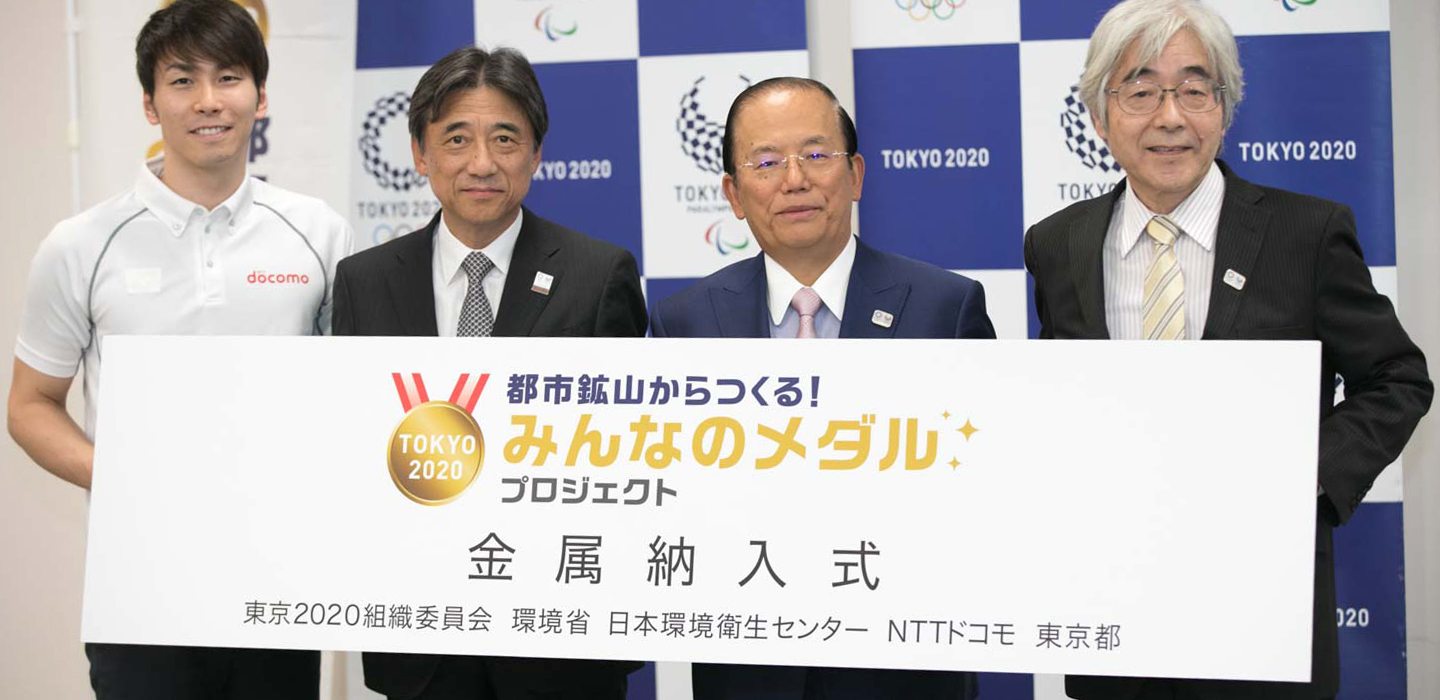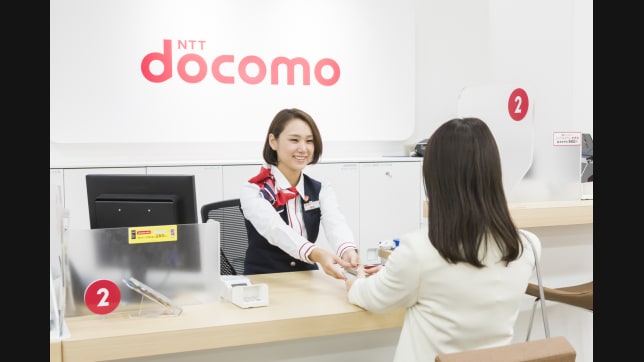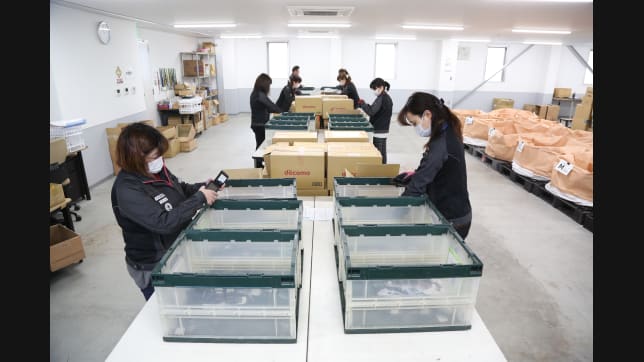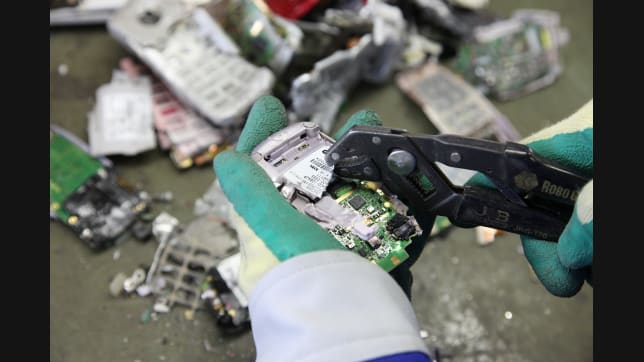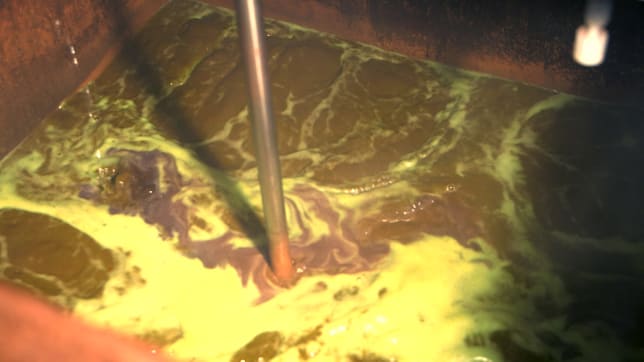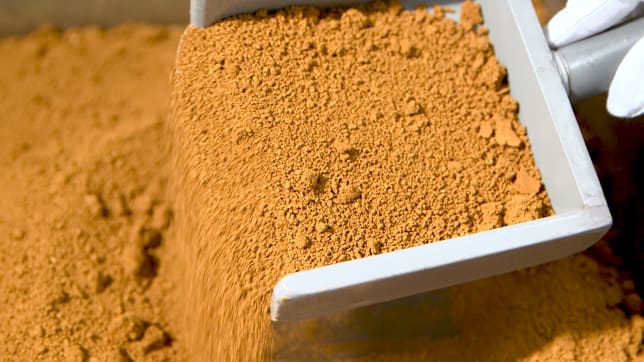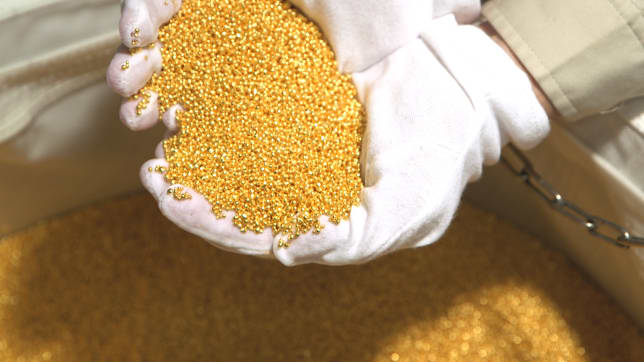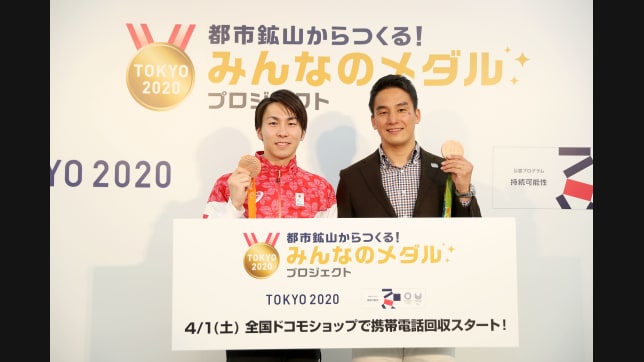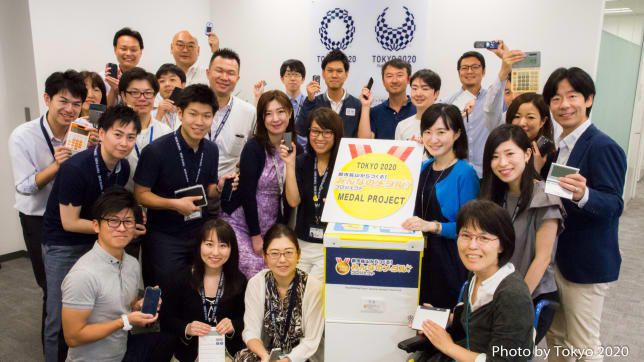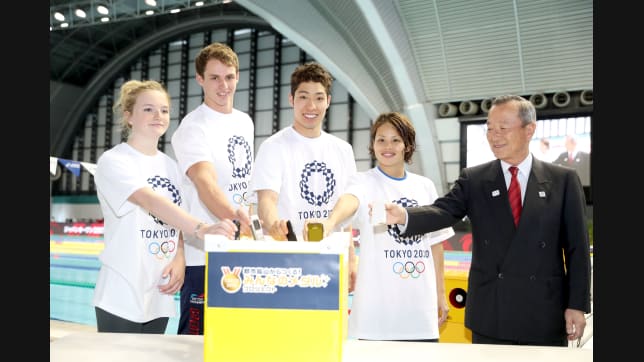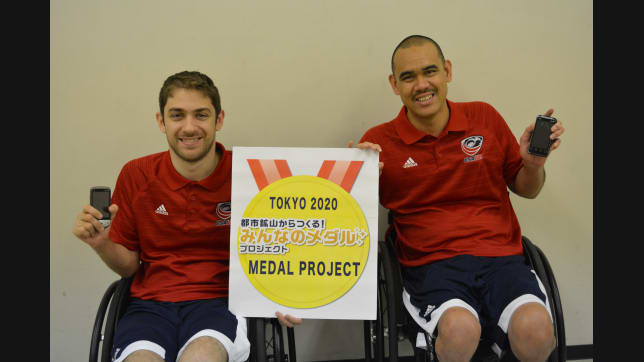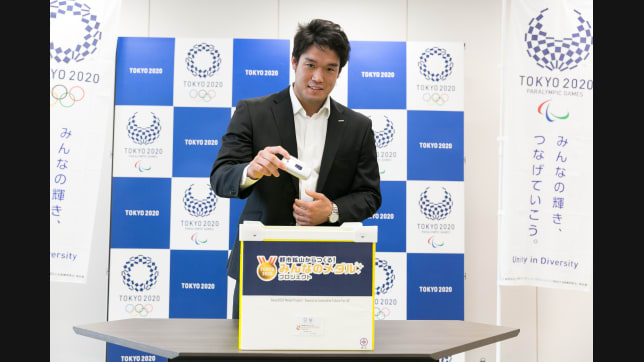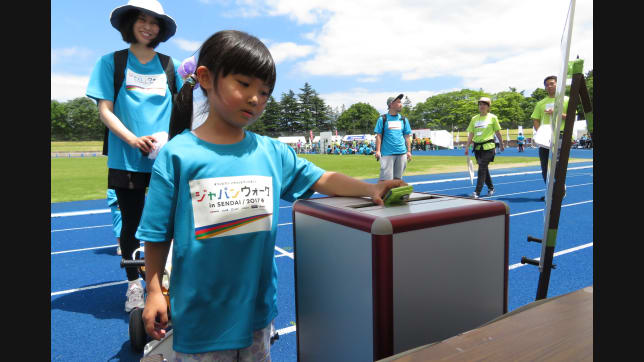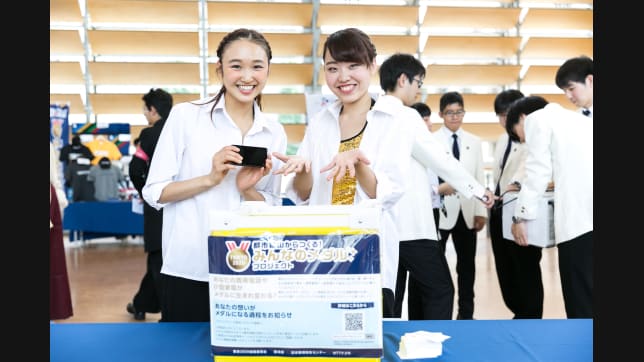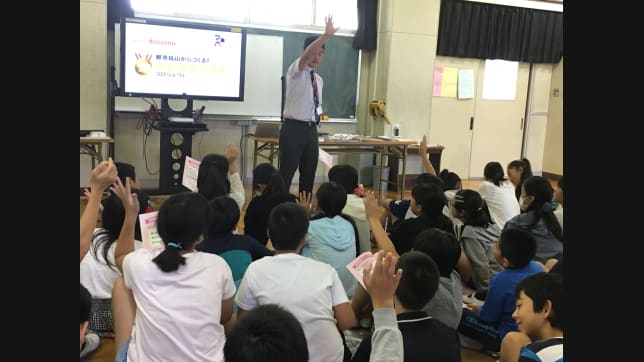The collection of small electronic devices for the Tokyo 2020 Medal Project closed on Sunday 31 March 2019. The medal design was announced in the summer of 2019.
The Tokyo Organising Committee of the Olympic and Paralympic Games (Tokyo 2020) conducted the “Tokyo 2020 Medal Project” to collect small electronic devices such as used mobile phones from all over Japan to produce the Olympic and Paralympic medals.
In the two years between April 2017 and March 2019, 100 percent of the metals required to manufacture the approximately 5,000 gold, silver and bronze medals were extracted from small electronic devices contributed by people from all over Japan. Every single medal to be awarded to athletes during the Tokyo 2020 Games is made from recycled metals. We are grateful for everyone’s cooperation on this project. We hope that our project of recycling small consumer electronics and our efforts to contribute to an environmentally-friendly and sustainable society will form part of the legacy of the Tokyo 2020 Games.
The “Tokyo 2020 Medal Project” is an official “Tokyo 2020 Nationwide Participation Programme”.
Project Result
Project in numbers
Collection period
- From 1 April 2017 to 31 March 2019
Amount of devices collected
- Approx. 78,985 tons collected by municipal authorities across Japan (used small electronic devices including mobile phones)
- Approx. 6.21 million used mobile phones collected by NTT Docomo shops across Japan
Final amount of metals collected
- Gold: Approx. 32kg
- Silver: Approx. 3,500kg
- Bronze: Approx. 2,200kg
Participating municipalities
- 1,621 municipalities
- 90% of the 1,741 wards/cities/towns/villages nationwide participated
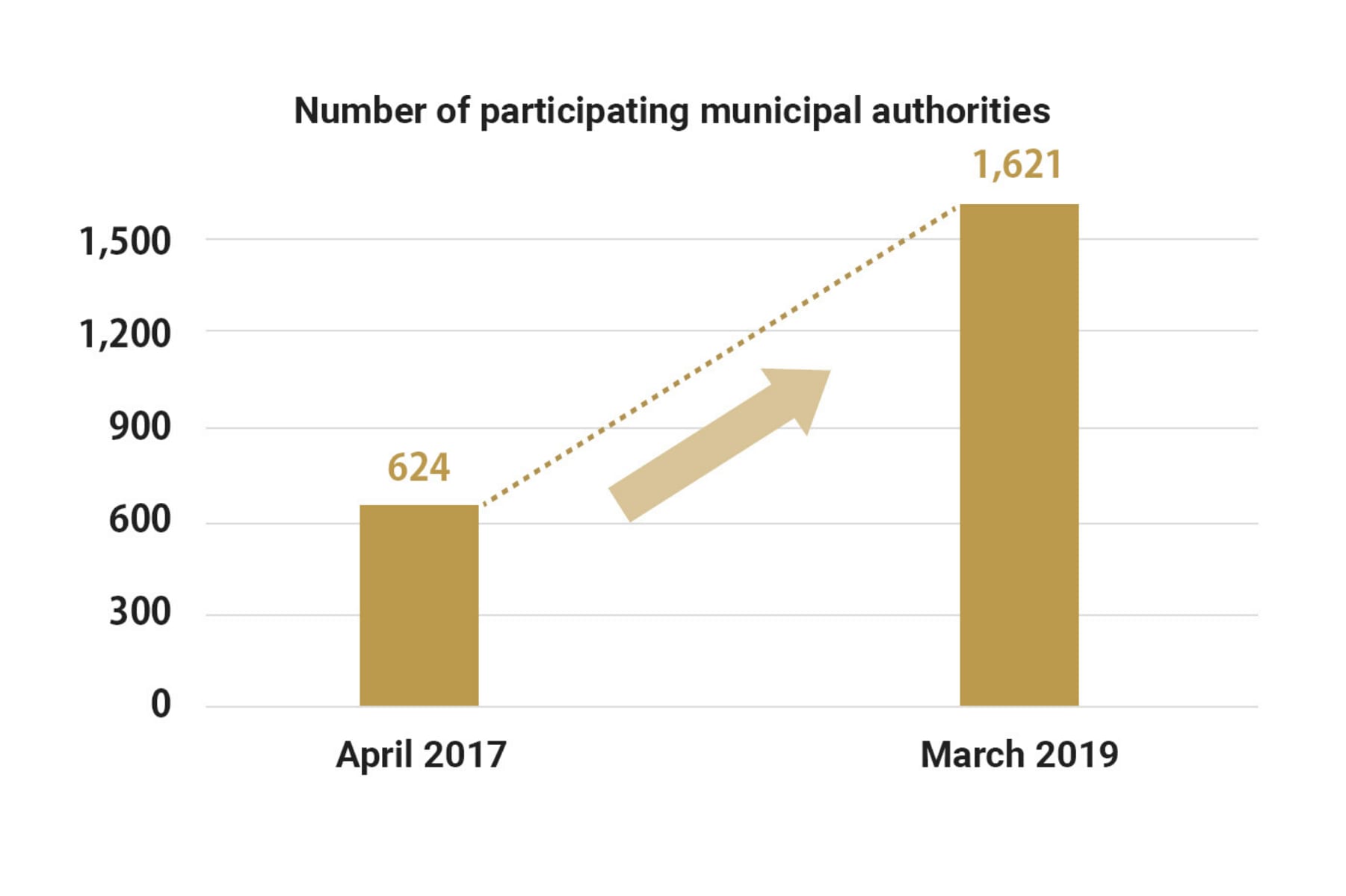
From collection to smelting
Following the government’s ‘Act on Promotion of Recycling of Small Waste Electrical and Electronic Equipment,’ the small electronic devices donated by people across Japan will be classified and dismantled by accredited contractors. The medals will then be produced after gold, silver and bronze elements have been extracted by smelting contractors.
Initiatives to date
Since the project launch in April, athletes, students from partner universities and members of the public cooperated with the project by collecting used small electronic devices.
